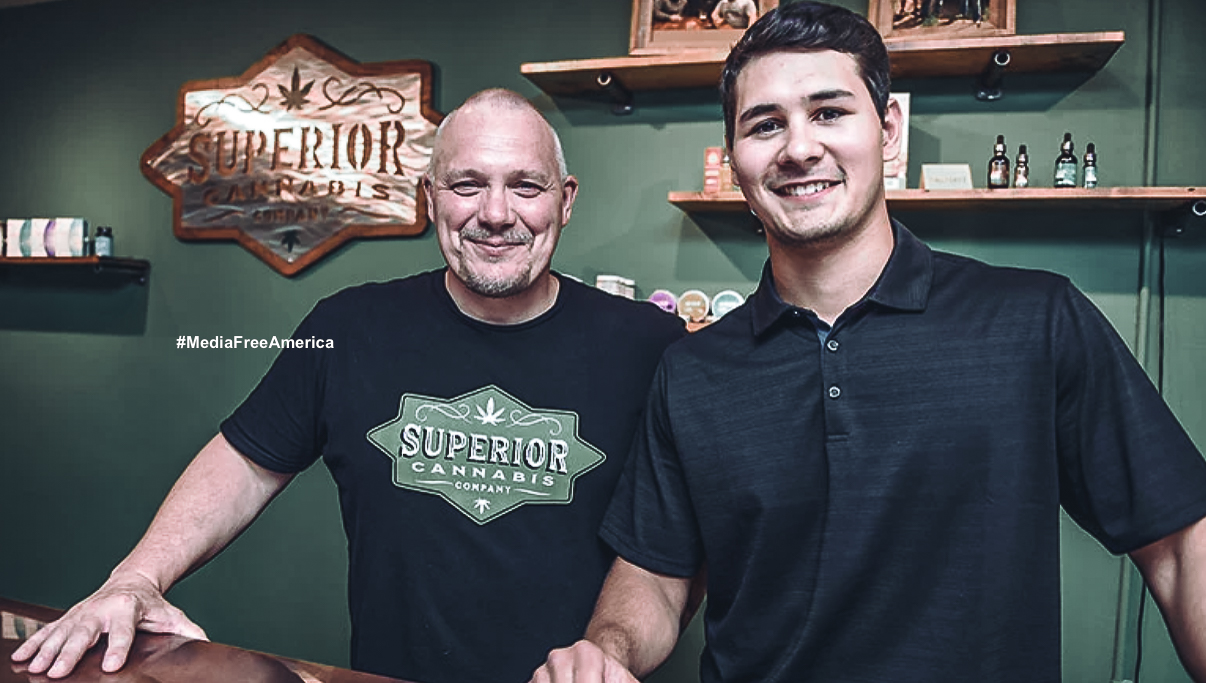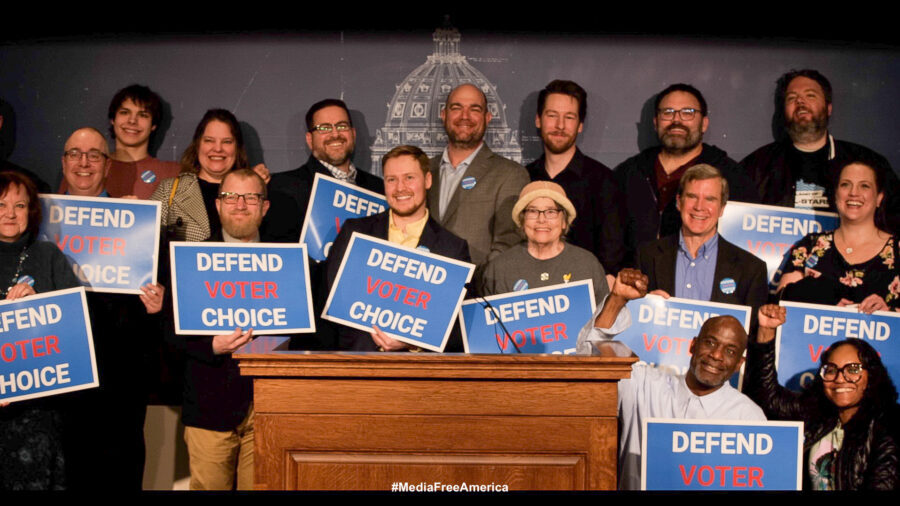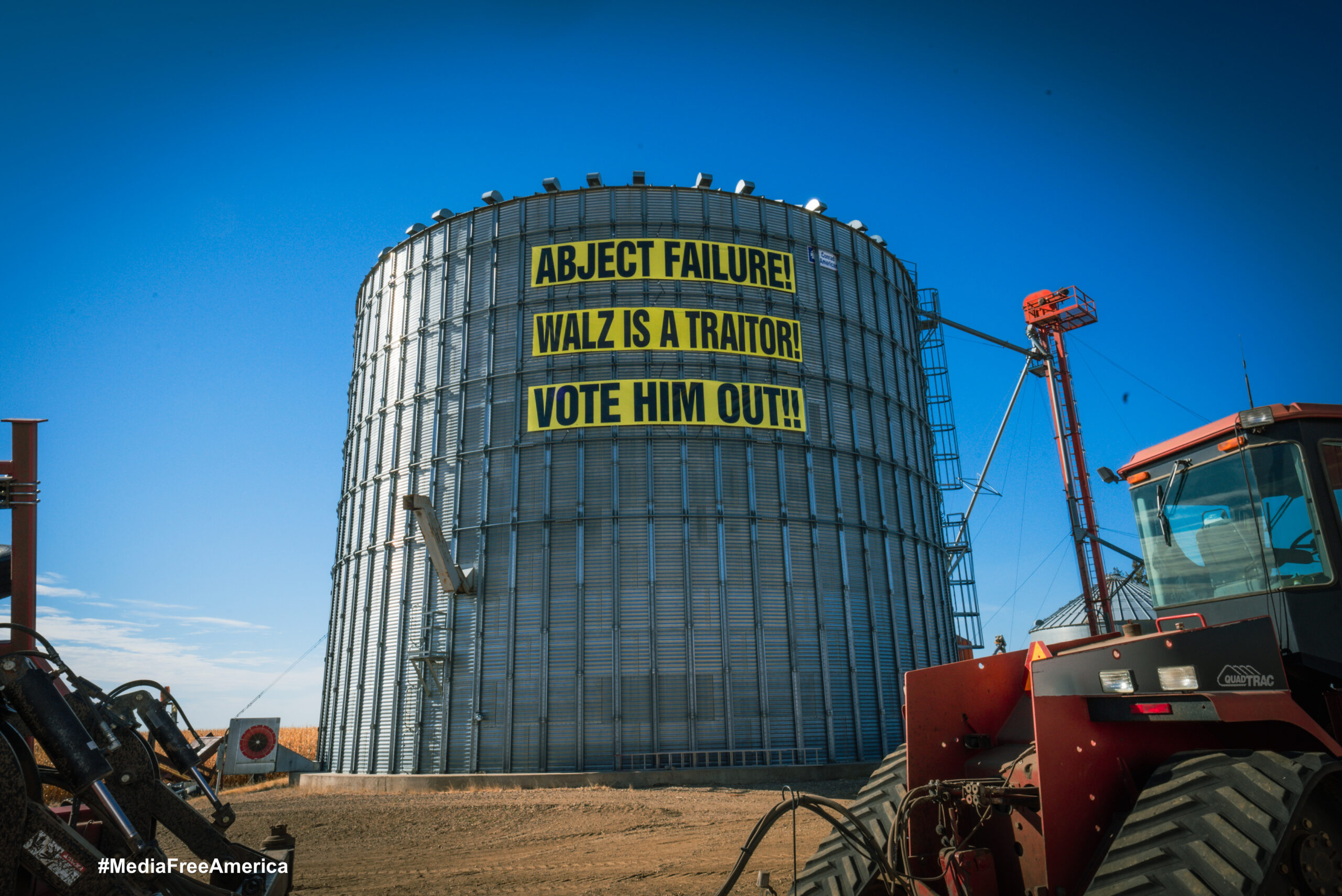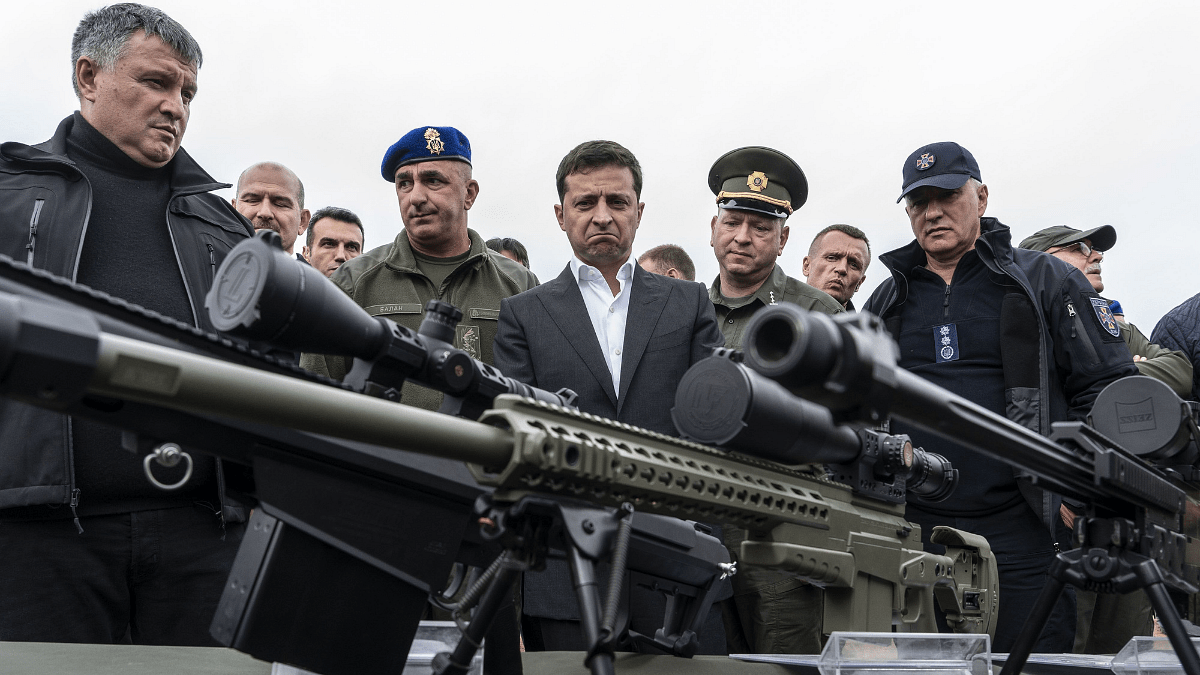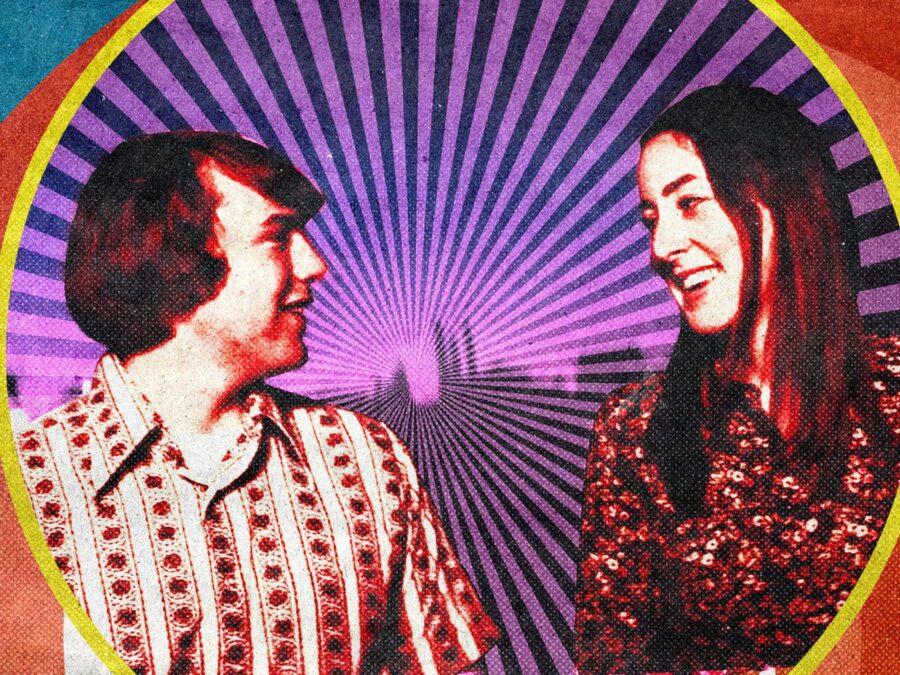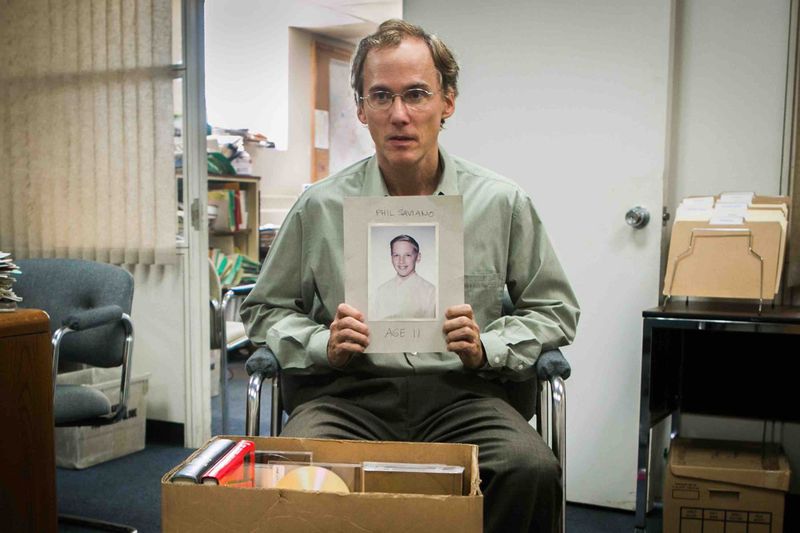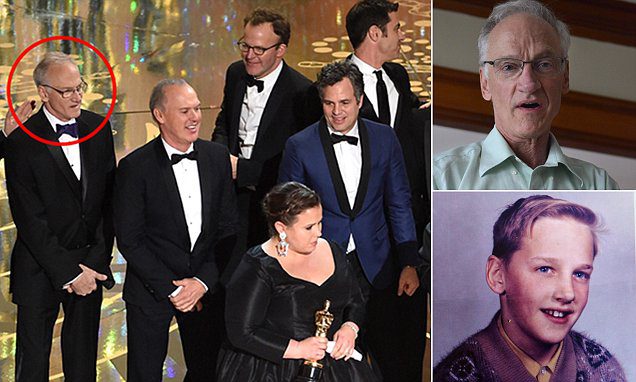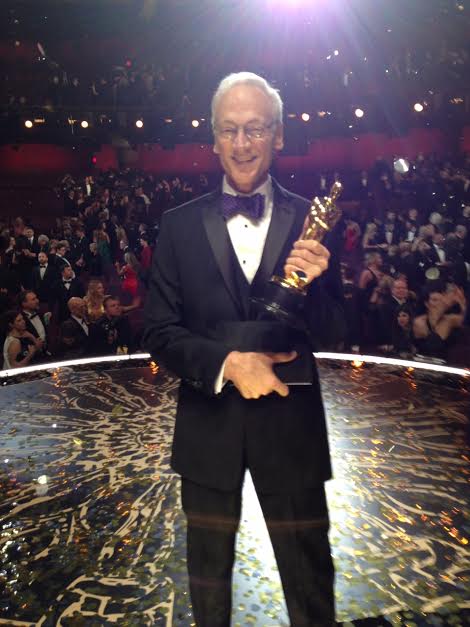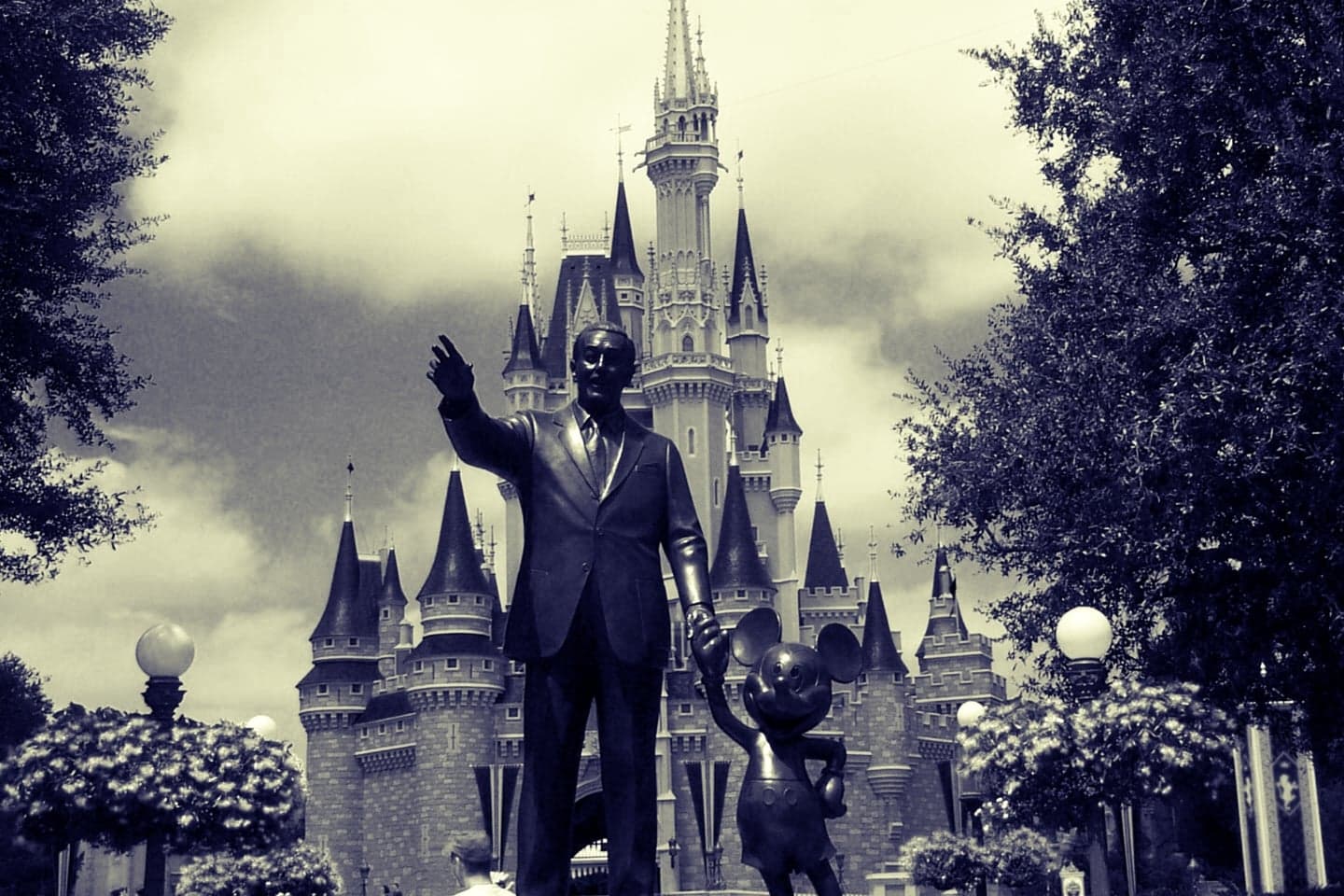“Phil was an essential source during the Spotlight Team’s reporting on the cover-up of sexual abuse in the Catholic Church, providing other critical sources, research materials and the names of several accused priests,” said Mike Rezendes, a member of the Globe team that brought the scandal to light and a current AP investigative reporter.
“He also shared his own heartbreaking story of abuse, imbuing us with the iron determination we needed to break this horrific story,” Rezendes said. “During our reporting, and over the last 20 years, I got to know Phil well and have never met anyone as brave, as compassionate or as savvy.”
Saviano earned degrees in zoology and communications from the University of Massachusetts-Amherst and Boston University and began working in hospital public relations. Later, he shifted to entertainment industry publicity and concert promotion, working closely with Collins, a lifelong friend and confidante, as well as Ella Fitzgerald, Mel Torme and other artists.
In 1991, he became seriously ill with AIDS and went public with his childhood abuse the following year, becoming one of the first survivors to come forward.
“Father Holley forced me and two of my friends to have repeated sexual contact with him,” Saviano said in an interview with the Globe — the first of many that would lead not only to criminal charges against the disgraced cleric but widespread prosecutions of others as the enormity of the scandal became evident.
By the early 2000s, Saviano was spending 10 hours a day on the phone with victims and journalists. He was an outspoken critic of the Vatican’s reluctance to deal decisively with the fallout from the scandal. In 2008, when Pope Benedict XVI hinted to U.S. bishops during a visit that they’d mishandled the church’s response, Saviano questioned the pontiff’s decision to follow his remarks with Masses in New York and Washington.
“If he was really serious about the issue, that Mass would not be held in New York. It would be held here in Boston,” he said.
In 2009, suffering kidney failure and unable to locate a match among family or friends, he found a donor after SNAP spread the word in a nationwide email to 8,000 clergy sex abuse survivors.
The abuse that came to light as a result of Saviano’s work prompted Cardinal Law, Boston’s highest-ranking churchman, to step down. The Globe’s reporting showed Law was aware of child molesters in the priesthood but covered up their crimes and failed to stop them, instead transferring them from parish to parish without alerting parents or police.
When the archbishop died in Rome in 2017, Saviano asked bluntly: “How is he going to explain this when he comes face to face with his maker?”
In 2019, at the Vatican for an abuse prevention summit called convened by Pope Francis, Saviano said he told summit organizers to release the names of abusive priests around the world along with their case files.
“Do it to launch a new era of transparency. Do it to break the code of silence. Do it out of respect for the victims of these men, and do it to help prevent these creeps from abusing any more children,” he said.
Although there was a hard edge to much of his life, Saviano enjoyed traveling extensively and developed a soft spot for Indigenous art. In 1999, he launched an e-commerce website, Viva Oaxaca Folk Art, showcasing handmade decorative pieces he purchased on trips to southern Mexico and resold to collectors across the U.S.
He is survived by three brothers, Jim Saviano of Douglas; John Saviano of Douglas; and Victor Saviano of Boston; two nieces; and two nephews. A funeral Mass was scheduled for Friday at St. Denis Church in East Douglas.


